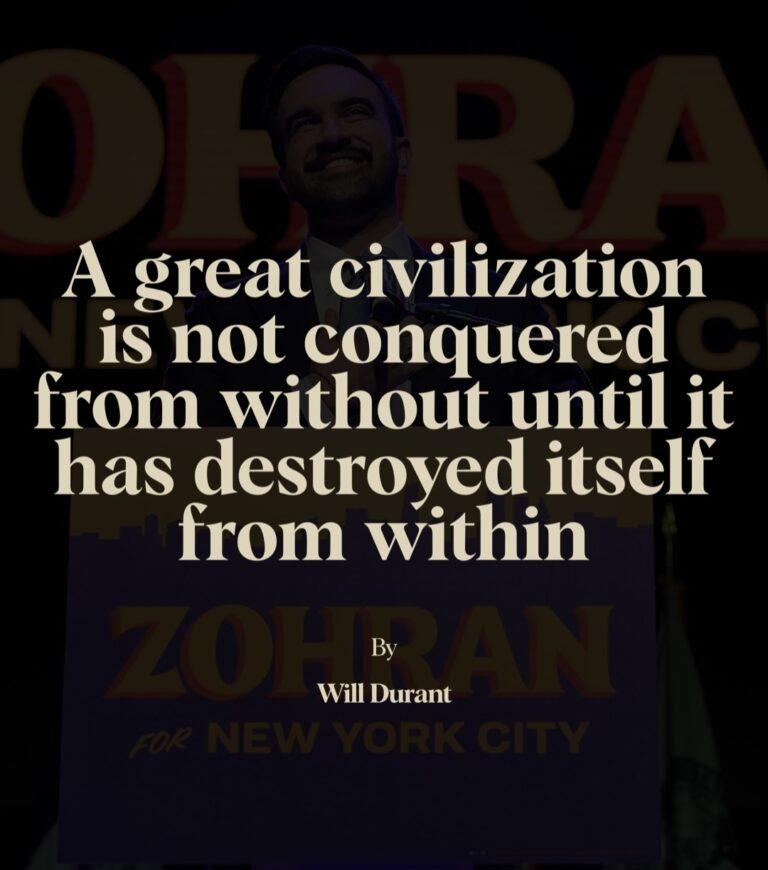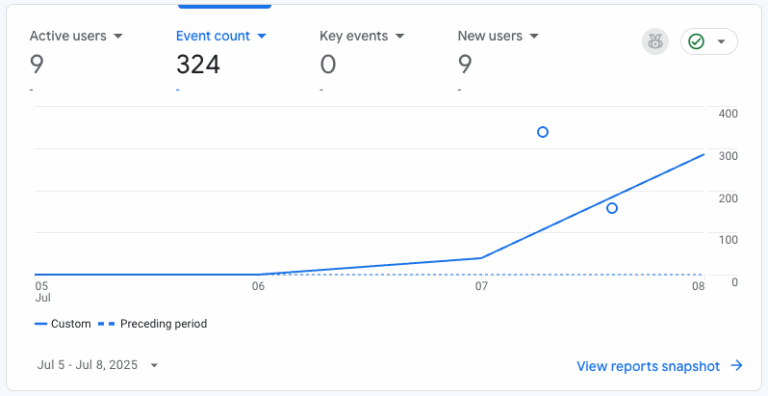The Long Game of Learning: Why Changing Jobs Feels Like Losing Half Your Brain
Losing 50%
At the start of 2024, I switched teams within Meta — from Ads, where I’d spent over half a decade, to Instagram Stories.“Same company” I thought, “should be a breeze, right?” Turns out, at Meta’s scale, this kind of change feels like getting hired at a brand-new job. Different tech stacks, different cultures, different everything.
I wish I was exaggerating. After a year, I put in about 20% more effort yet saw 25% fewer results [1]. A 45% delta. That’s almost half as effective. This whole experience got me asking: If switching teams can wipe out half my effectiveness, was I really learning at my old job?
The 50/50 Hypothesis (Superpowers vs. Shortcuts)
I call it the 50/50 Hypothesis. Half of my effectiveness in Ads was contextual — understanding how systems fit together, or which corner of the code to poke during outages. knowing obscure messaging channels and so on The other half, I’d like to think, came from genuine skills: problem-solving, coding, communication, leadership.
But the moment I left that familiar bubble, much of my contextual knowledge evaporated. It made me wonder: how much of my day-to-day learning is truly transferable? I’ve always prided myself on learning new things. But how much really sticks?
I realized there are two distinct types of learning:
Portable (Universal) Skills:
Problem-solving, coding fundamentals, navigating ambiguity, project management, team leadership, consensus-building, and clear communication.
Contextual Learnings:
Org-specific insights — knowing niche internal systems, where the bodies are buried, or and why past design decisions still haunt us?
Why do many of us become 50% reliant on context? Simple: it works—until it doesn’t. Quick wins, easy promotions, and the ego boost of being the person with all the secret knowledge often overshadow the slow-burn benefits of universal growth. It’s incredibly tempting to coast on contextual shortcuts.
Contextual Knowledge
Let’s face it—context is powerful. It can rescue you during a 3 a.m. firefighting prod issue, impress leadership with quick fixes, and fast-track your promotions because you’re “that one person who knows how everything fits together.” It’s often the easiest path to climbing the org ladder.
But it’s also a trap. Move jobs, and suddenly your fortress built on “local lore” collapses. You’re left holding expertise that no longer applies — It’s a bit like being a champion surfer… in a desert.
Onwards
So, what happens when I realize half my “superpowers” are tied to a single place?
Refocus on What Travels.
Double down on portable skills. Less chasing easy wins, more chasing lasting ones. I’ll always need some local context, but it probably shouldn’t own half my skillset.
I switched teams again this year — to GenAI (more on that later) — and it already feels different. This time, more traveled with me.
- Measuring effort and results precisely is impossible. My numbers are approximate—’effort’ reflects how stretched I felt; ‘results’ loosely based on performance reviews. It’s imperfect but helpful for self-reflection. ↩︎



